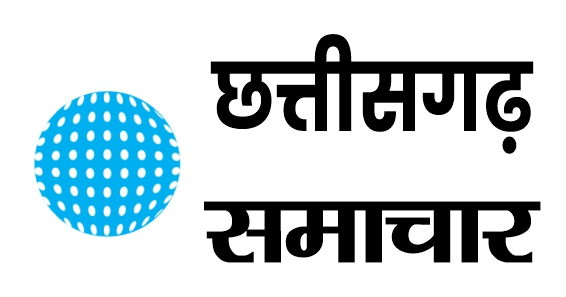One by one, country’s national assets are being privatized. Privatisation involves selling of state-owned assets to private sectors. There are many sectors which perform significant public service like health care, education, public transport, etc. The primary motive of these industries is not to make profit but to serve the public interest. Privatising the sectors may defeat this motive. Prakash Javadekar and Jitendra Singh on Aug 19 said that Union Cabinet has approved the proposal for leasing out three airports which includes Jaipur, Guwahati and Thiruvananthapuram of Airport Authority of India (AAI) through public-private partnership. Government had decided to privatize 12 airports of the AAI. Adani Group got all these airports through the highest bid in the bidding process. Civil Aviation Minister Hardeep Singh Puri in a webinar said that the ministry would place a proposal for further privatisation of airports before the Cabinet. Airport Authority of India which works under the Ministry of Aviation owns and manages more than 100 airports across the country. The opposition party in Tamil Nadu DMK (DravidaMunnetraKazhagam) on 21st Aug opposed the centre’s decision to privatize airports. He said the decision usurps the rights and autonomy from the state.
On 1st July 2020, Ministry of Railway had announced that 151 trains in 109 pairs of routes will be operated by private sectors. Private sector will invest Rs 30,000 crore. Only the drivers and guards will be railway employees. Private companies are free to produce train and locomotives from any source of its choice. The Private train operations will begin by March 2024. Railway has given the private train operators freedom to fix the fare to be charged from the passengers. After the decision many people alleged that the government have no concern for the common people. Any private entity who will invest Rs. 30000 crore will expect a huge profit and it will result into huge increase in the ticket fare. Congress leader Rahul Gandhi had said that “The Railways are the life line for the poor and the government is taking it away from them.” Government has identified 109 busy routes across India to run 151 private trains for 35 years. Government has laid the roadmap for long-term partnerships with the private sectors. Government aims to invest around Rs 50 lakh crore in rail projects up to 2030. Running of passenger trains is a loss-making business for Indian Railways. It recovers around 57% of the total cost through tickets on an average. To cut its losses and convert that opportunity into a money-making enterprise, government has decided to introduce some of the trains to be run by private companies in the future. This model has never tried in India before.
Recently space sector reforms were announced by the Government. After the announcement, many speculations were arising about the privatisation of ISRO. K Sivan, Chairman of ISRO, on 20th Aug clarified that the recently announced space sector reforms are not aimed at privatisation of Indian Space Research Organisation (ISRO). He also said that the draft on the proposed space activity bill is almost final and soon it will be placed before the Union Cabinet for approval. He said the aim of the proposed reforms is to enable private sectors to carry out the space activities which are otherwise being done by ISRO. The newly created Indian Space Promotion and Authorisation Centre (IN-SPACe) will provide a level playing field for private companies to use Indian space infrastructure by hand holding industries in space activities through encouraging policies and a friendly regulatory environment.
In an another step towards privatisation, Narendra Modi government has identified 18 strategic sectors including banking, steel, insurance, fertiliser, petroleum and defence equipment, etc. where it will retain only a limited presence. In the mining and exploration segment, government will retain limited presence in the areas of coal, crude oil and gas and minerals and metals. The major issue is in banking sector privatisation. There are 12 state-owned banks in India. As per official, the government’s first priority at present is to offload its remaining stake in IDBI Bank as announced in the budget. PMO had written a letter to the Finance Ministry earlier in Aug asking to accelerate the process of privatising PSU banks within this financial year. But as per reports it has been postponed and cannot be done in thi financial year. Government may not sell the entire banks to private sectors but reduce their stake. RBI has also suggested government to reduce its stake in some PSU banks.
Rajeev Ranjan @ Samacharline









